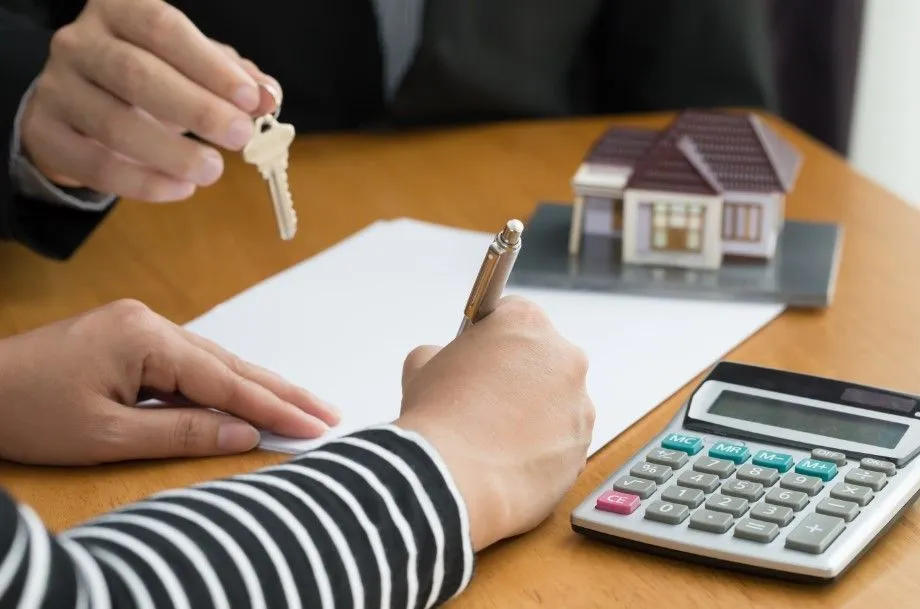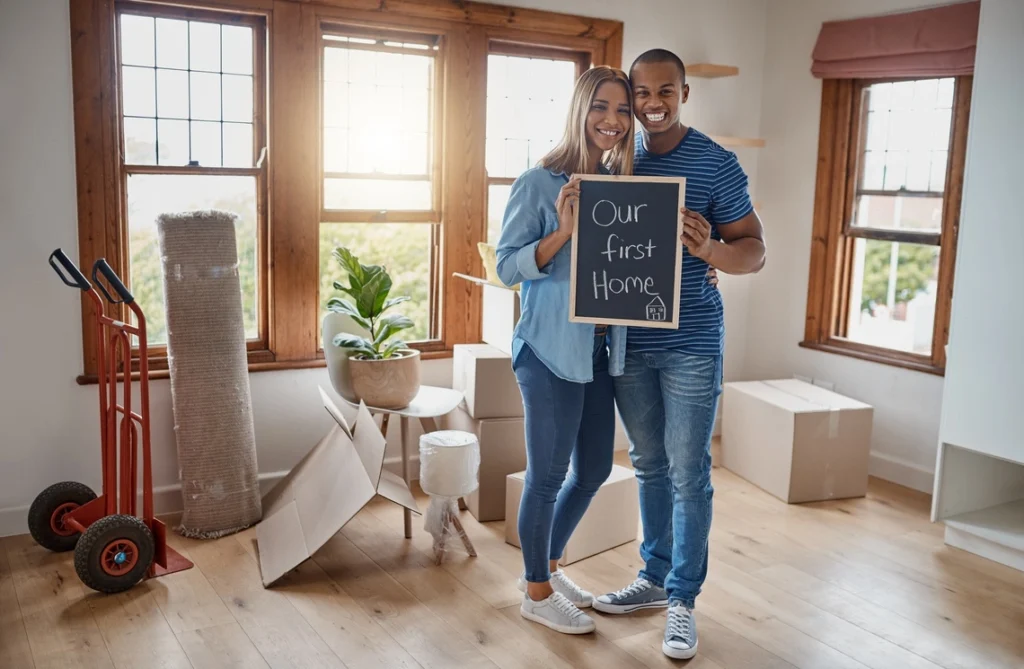The home buying process is one of life’s biggest financial decisions, especially for first time home buyers. From budgeting to closing, understanding every step ensures a smoother, less stressful experience. This comprehensive guide breaks down everything you need to know—from mortgage pre-approval to first time home buyer programs, helping you make smart, informed choices every step of the way.

Content
What Is the Home Buying Process?
The home buying process involves several key phases, from checking your finances to finally receiving the keys to your home. For first time home buyers, the journey can feel overwhelming. With a clear understanding of the steps involved and the right resources, the process becomes more manageable and even exciting.
Step-by-Step Guide to Buying a Home

- Evaluate Your Financial Situation
Start by reviewing your credit score, current debts, and savings. A higher credit score can unlock lower interest rates and better loan terms. - Get Pre-Approved for a Mortgage
Before house hunting, apply for a mortgage pre-approval. This step shows sellers you’re a serious buyer and helps determine your price range. - Search for the Right Property
Consider your needs—location, size, budget, and amenities. Use trusted real estate websites or hire a professional agent to help with your search. - Make a Competitive Offer
Once you find a home you love, work with your agent to make an offer. Be ready to negotiate terms, contingencies, and the final price. - Schedule a Home Inspection
A licensed inspector will examine the home’s condition, including structural elements, plumbing, and electrical systems. - Finalize Your Mortgage
Submit required documents to your lender, lock in your interest rate, and prepare for closing. - Close the Deal
Review and sign the closing documents, pay any required fees, and receive the keys to your new home.
Creating a Home Buying Checklist
A detailed home buying checklist keeps your journey organized. Include key steps such as:

- Checking your credit score
- Saving for a first time home buyer down payment
- Comparing mortgage options
- Getting home inspection
- Planning for closing costs
This checklist not only helps track your progress but also ensures you don’t miss important details during the process.
Essential Tips for First Time Home Buyers
For first time home buyers, careful planning is essential. Here are tips to help you get started:
- Stick to your budget: Only consider homes you can afford without compromising your financial health.
- Use a trusted real estate agent: Their local knowledge can help you find better deals and avoid bad investments.
- Don’t skip the inspection: Even seemingly perfect homes can hide costly issues.
- Plan for hidden expenses: Moving costs, insurance, repairs, and utilities add up quickly.
Explore First Time Home Buyer Programs
Many first time home buyer programs exist to make homeownership more accessible. These include:
- FHA Loans – Ideal for those with lower credit scores and smaller down payments.
- VA Loans – Offer zero down payment for veterans and active service members.
- USDA Loans – Great for buying homes in rural areas with no down payment required.
- State & Local Grants – Financial aid for down payments or closing costs.
These programs can significantly lower upfront costs, so research what options are available in your area.
Understanding Down Payments and Loan Options
One major hurdle for many buyers is the first time home buyer down payment. While traditional loans often require 20%, options like FHA loans reduce this to 3.5%. VA and USDA loans can eliminate it altogether. It’s important to:

- Save in advance
- Know your budget
- Choose the right loan
- Understand mortgage terms and rates
Always compare first time home buyer loan options before making a decision, as terms vary widely between lenders.
Common Mistakes to Avoid
Avoiding mistakes during the home buying process can save you from financial headaches. Common pitfalls include:
- Buying beyond your means: Stay well within your approved mortgage range.
- Ignoring total costs: Factor in taxes, insurance, HOA fees, and maintenance.
- Not comparing lenders: Rates and fees can differ significantly.
- Waiving the inspection: It might speed things up, but can lead to unexpected repair costs later.
- Making big purchases before closing: It could impact your mortgage approval.
Stay alert and consult experts to avoid these errors.
Final Thoughts: Navigating the Home Buying Process Successfully
Buying a home for the first time is a big step—but it doesn’t have to be a stressful one. By following a structured plan, exploring first time home buyer assistance, and preparing financially, you can approach each step of the home buying process with confidence.
Understand the steps, compare your options, and lean on expert advice. Whether you’re purchasing a starter home or your forever house, this guide helps make your dream of homeownership a reality.
FAQs for First Time Buyers
What is the average duration of the home buying process?
The process usually takes 30–60 days, depending on financing, inspections, and negotiations.
Do I need a real estate agent?
While not required, having a professional on your side can simplify the process and help you get better deals.
Can I buy a house with bad credit?
Yes. First time home buyer programs like FHA loans allow lower credit scores, though you may pay higher interest.
What are typical closing costs?
Expect 2–5% of the home’s purchase price. This includes lender fees, appraisal, title insurance, and legal documentation.

With a sharp eye for design and a passion for renovation, Samantha transforms fixer-uppers into dream homes. Her expertise in remodeling adds extra value to your real estate experience.












